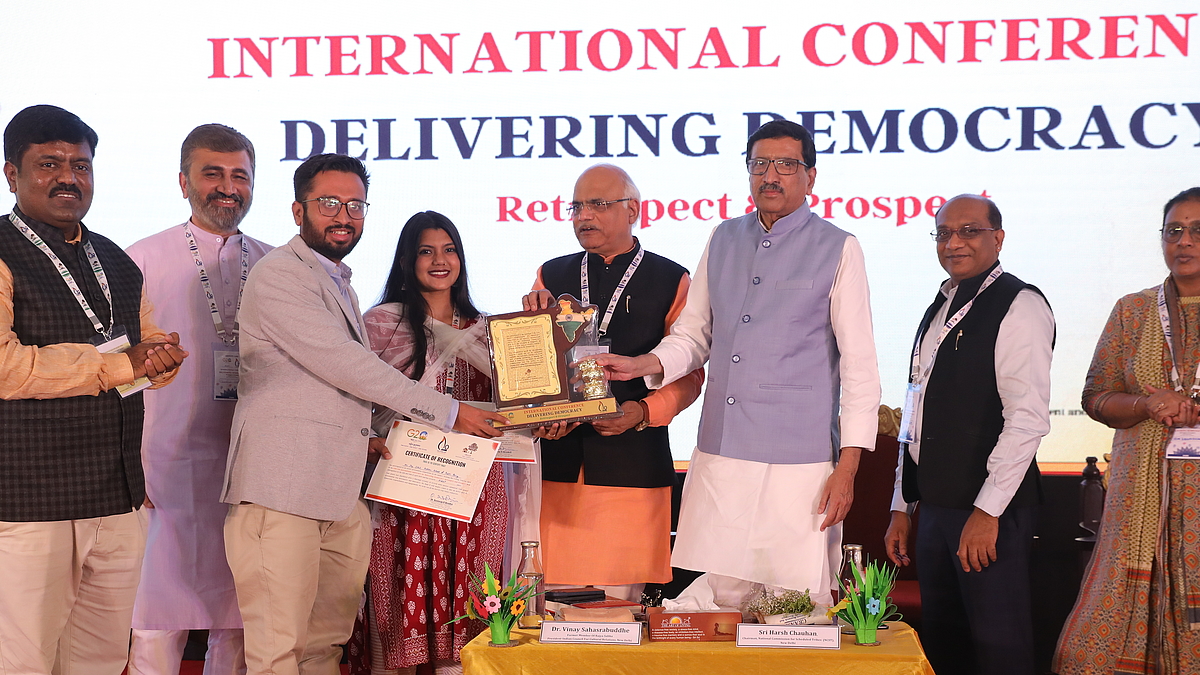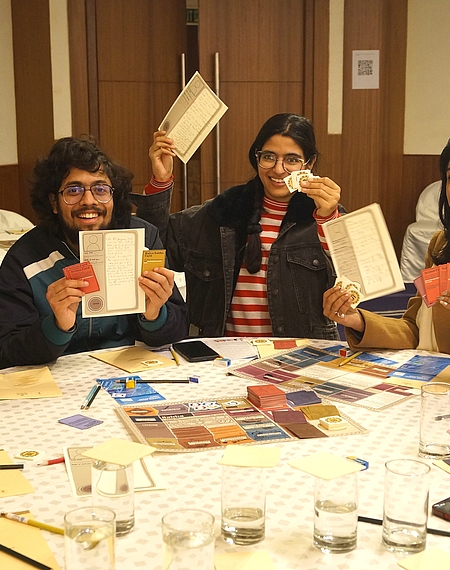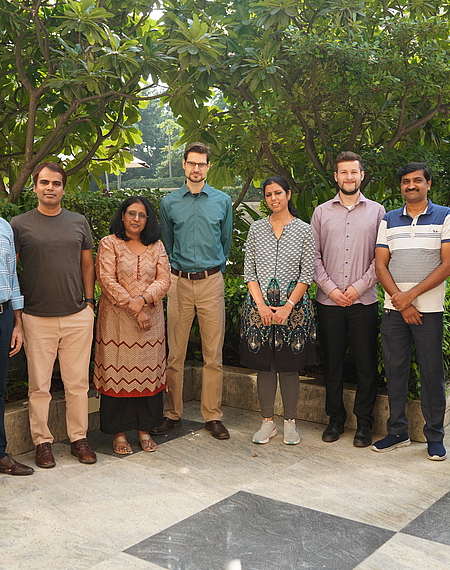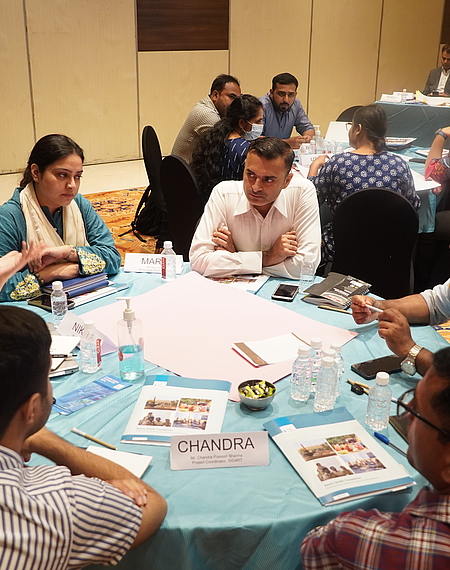Our Work in India
The Hanns Seidel Foundation, founded in 1967, is a German political foundation, working “in the Service of Democracy, Peace and Development”. It has been active for almost 50 years in the field of development cooperation and is currently taking an active part in 90 projects in 75 countries worldwide. In India, the Foundation started its work in the year 1996 and committed to supporting India’s federal-democratic structures, its safety architecture, promoting regional and international dialogue and improving communal water management system. We strengthen human capacities, taking into account the social, political, cultural and economic conditions of the country.
More Information...
Hanns Seidel Foundation works with local partner organisations with similar objectives on various topics. Through dialogues, workshops, international exchange of experts and national and international conferences, we seek to promote humane living conditions and contribute to India’s sustainable development by strengthening peace, democracy and rule of law. Our partners’ independency and ownership are of particular importance to us.
Besides our focus areas below, Hanns Seidel Foundation supports
- Political education
- Environmental protection
- Women empowerment
- Citizen-oriented policing
- Transboundary water resources management
- Capacity building
In the past years, Hanns Seidel Foundation has become a platform of development, friendship and international exchange between India and Bavaria.
ABOUT INDIA
The biggest democracy in the world, India has achieved significant leaps in development in the past 25 years. Its population of more than 1.4 billion inhabitants are India’s strength and weakness: Accelerated urbanisation and overpopulation have created a heavy burden on India’s governments to provide adequate and even living conditions in all areas. This includes maintaining sufficient access to water, health and sanitation, and providing safety for women, children and the elderly. At the same time, authorities attempt to utilize India’s large and dynamic population to promote the country as a regional economic hub and increase its connectedness within the global economy.
India is a pluralistic, multilingual, and multi-ethnic society and follows the concept of unity in diversity. Its federal constitution has given space and representation to all groups of Indian society. However, the changing composition and expectations of its population nurture demands for further adaptations of the federal structures.
As the largest country and economy in South Asia, India plays an important role in the stability and political progress of the region. To achieve sustained development in a peaceful environment, it is crucial that the sub-continent fosters multi- and bi-lateral exchange on topics of common regional interest and provides a platform for exchange.




